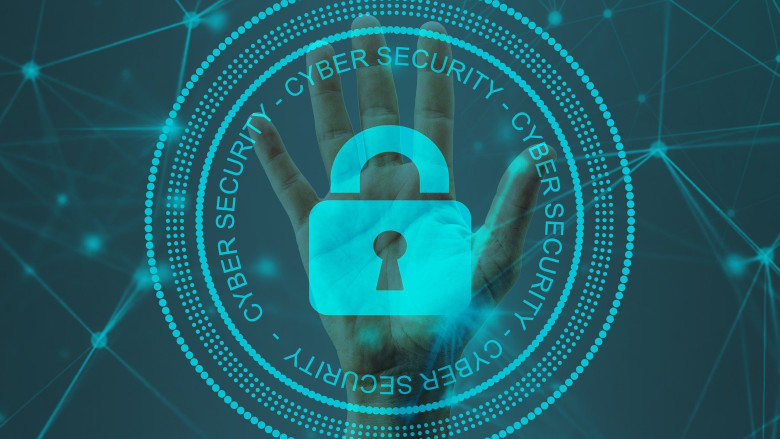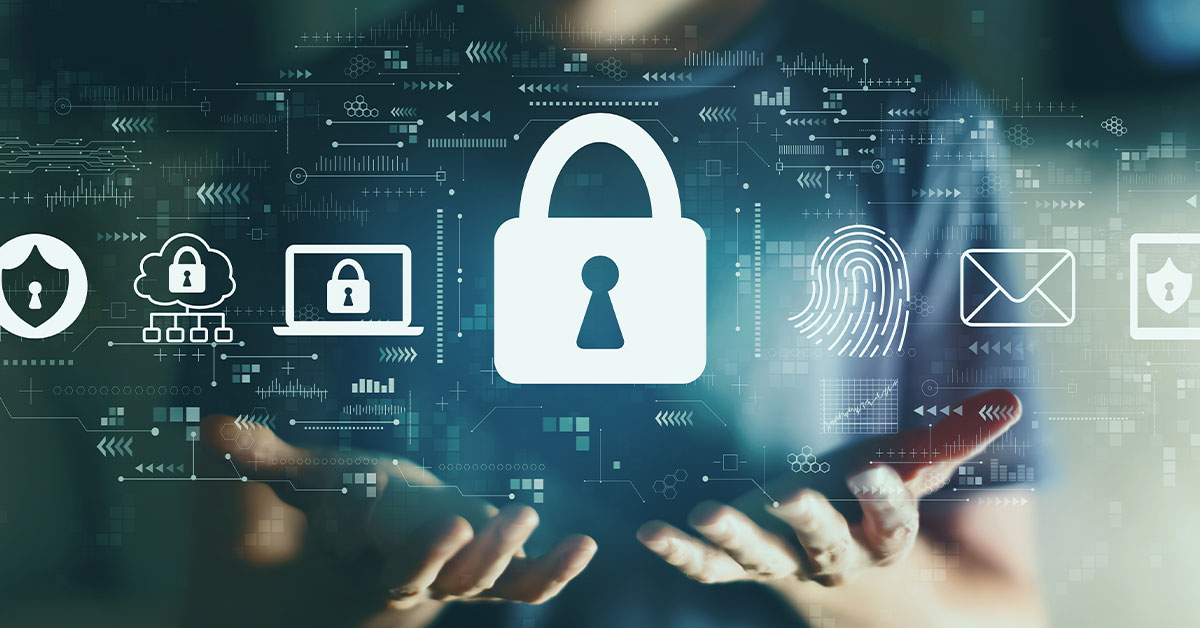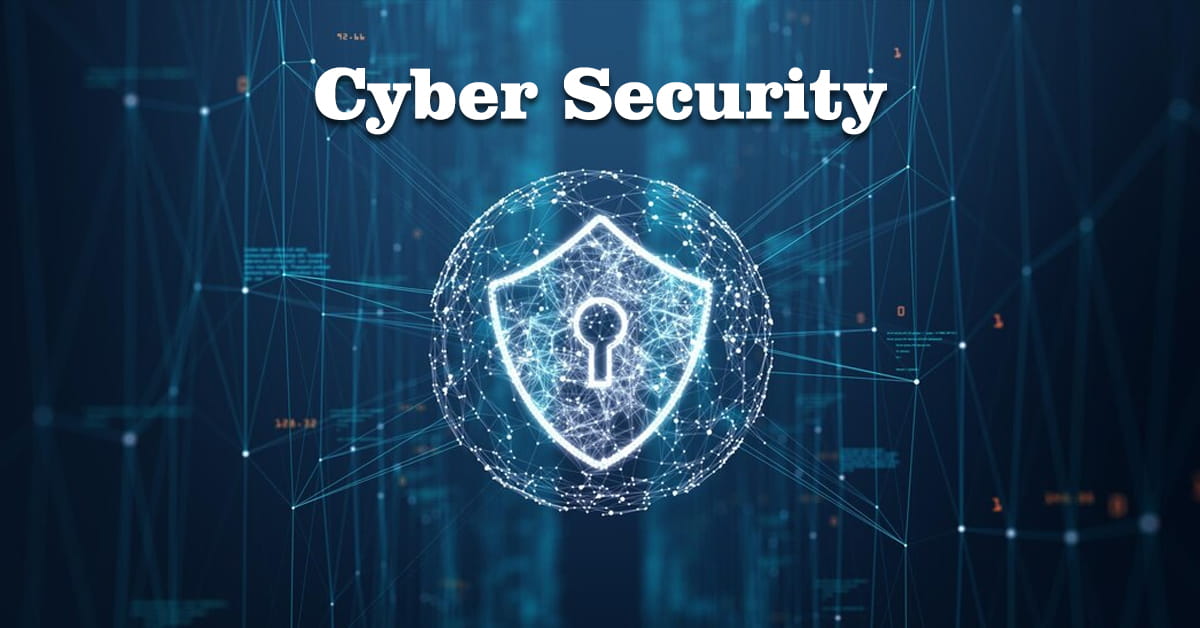Contents
Introduction:
In an era dominated by technology, where our lives seamlessly intertwine with the digital landscape, the importance of cyber awareness cannot be overstated. As we revel in the convenience of online connectivity and the endless possibilities the internet offers, it’s crucial to recognize and address the risks that come with it.
In order to protect yourself, your personal information, and your digital assets, it is crucial to have a thorough understanding of cyber awareness. This comprehensive guide will provide you with the knowledge and strategies you need to navigate the digital landscape safely and confidently.

In this blog post, we’ll explore the significance of cyber awareness, common cyber threats, and practical tips to enhance your online safety – because in the vast expanse of the internet, vigilance is key.
Understanding Cyber Awareness:
At its core, cyber awareness is about being mindful of the digital environment and understanding the potential risks and threats that lurk in the online realm. It goes beyond the realm of IT experts and security professionals; it’s a skill that every individual using digital tools and platforms should cultivate. Cyber awareness involves recognizing the value of personal information, understanding online behaviours, and being vigilant against potential cyber threats.
Why Cyber Awareness Matters:
1. Protecting Your Digital Identity:
Your digital identity is a mosaic of personal information scattered across various online platforms. Cyber awareness is the shield that protects this identity, preventing it from falling into the wrong hands and safeguarding against identity theft.
2. Detecting Phishing Attempts:
Phishing attacks are like digital traps set by cybercriminals to trick individuals into revealing sensitive information. Cyber awareness equips you with the skills to recognize phishing attempts, ensuring that you don’t inadvertently disclose confidential data.
3. Ensuring Device and Network Security:
As our reliance on digital devices grows, so does the importance of securing these devices. Cyber awareness guides individuals in implementing robust security measures, from using strong passwords to keeping software updated, to create a fortified defense against potential breaches.
4. Contributing to a Safer Digital Community:
Cyber awareness extends beyond personal safety to promoting a culture of responsibility in the digital space. Understanding the implications of cyberbullying and respecting online etiquette contributes to a harmonious and safe digital community.
Educating yourself on cyber threats
One of the most crucial aspects of cyber awareness is educating yourself on the various types of cyber threats that exist in the digital landscape. By understanding the risks and methods cybercriminals use, you can identify potential vulnerabilities and take proactive measures to protect yourself.
Start by familiarising yourself with the different types of cyberattacks, such as phishing, malware, ransomware, and social engineering. Learn how these attacks work and the warning signs to look out for. Stay updated on the latest trends and tactics employed by cybercriminals, as they continually evolve with technology.
Take advantage of educational resources offered by reputable organisations and cybersecurity experts. Online courses, webinars, and tutorials can provide valuable insights into cybersecurity best practices and help you stay up-to-date with the latest threats.
In the next section, we will delve deeper into the practical steps you can take to strengthen your defence against cybercriminals. Stay tuned for actionable tips and strategies that will enhance your cyber awareness and keep you secure in the digital age.
Common Cyber Threats:

1. Phishing Attacks:
Phishing remains a prevalent threat in the digital landscape. Cyber awareness involves recognizing the signs of phishing emails or messages and verifying the legitimacy of websites to protect against deceptive tactics.
2. Malware Infections:
Malicious software, or malware, can compromise the security of your devices. Cyber awareness entails adopting safe browsing habits, using reputable antivirus software, and avoiding suspicious downloads to mitigate the risk of malware infections.
3. Ransomware Incidents:
Ransomware is malicious software that encrypts files, demanding payment for their release. Cyber-awareness involves regular backups, understanding potential attack vectors, and knowing how to respond effectively in a ransomware incident.
4. Identity Theft:
Cybercriminals may attempt to steal personal information for fraudulent activities. Cyber awareness involves being cautious about the information shared online, monitoring financial statements, and promptly addressing any suspicious activities to prevent identity theft.
Practical Tips for Cyber Awareness:
1. Craft Strong, Unique Passwords:
Create passwords that are complex, and unique for each account, and avoid easily guessable information. Password management tools can assist in generating and storing secure passwords.
2. Enable Two-Factor Authentication (2FA):
Adding an extra layer of security, 2FA enhances account protection by requiring a second form of verification beyond passwords.
3. Keep Software Updated:
Regularly update your operating system, antivirus software, and applications to ensure the latest security patches are in place, reducing vulnerability to cyber threats.
4. Educate Yourself Continuously:
Stay informed about emerging cyber threats and best practices. Regularly read reputable sources and share your knowledge with friends, family, and colleagues to create a more cyber-aware community.
5. Practise Responsible Online Behaviour:
Foster a culture of respect and responsibility in the digital space. Avoid engaging in cyberbullying, report inappropriate behaviour, and contribute to creating a positive online environment.
Conclusion:
Cyber awareness is not just about taking preventive measures but also about being prepared to respond in case of a cyber incident. By following the steps outlined in this guide, you can empower yourself with the knowledge and tools needed to protect yourself in the digital age.
Remember to stay calm and take immediate action if you become a victim of a cyber attack. Changing passwords and notifying the relevant authorities is crucial to limit the damage. Regularly backing up your data will ensure that you can still access important files even if your devices are compromised.
Your digital well-being matters, and with each update, empower yourself to face the evolving challenges of the online world. Join us at TrendzGuruji – subscribe today and stay cyber-aware!




